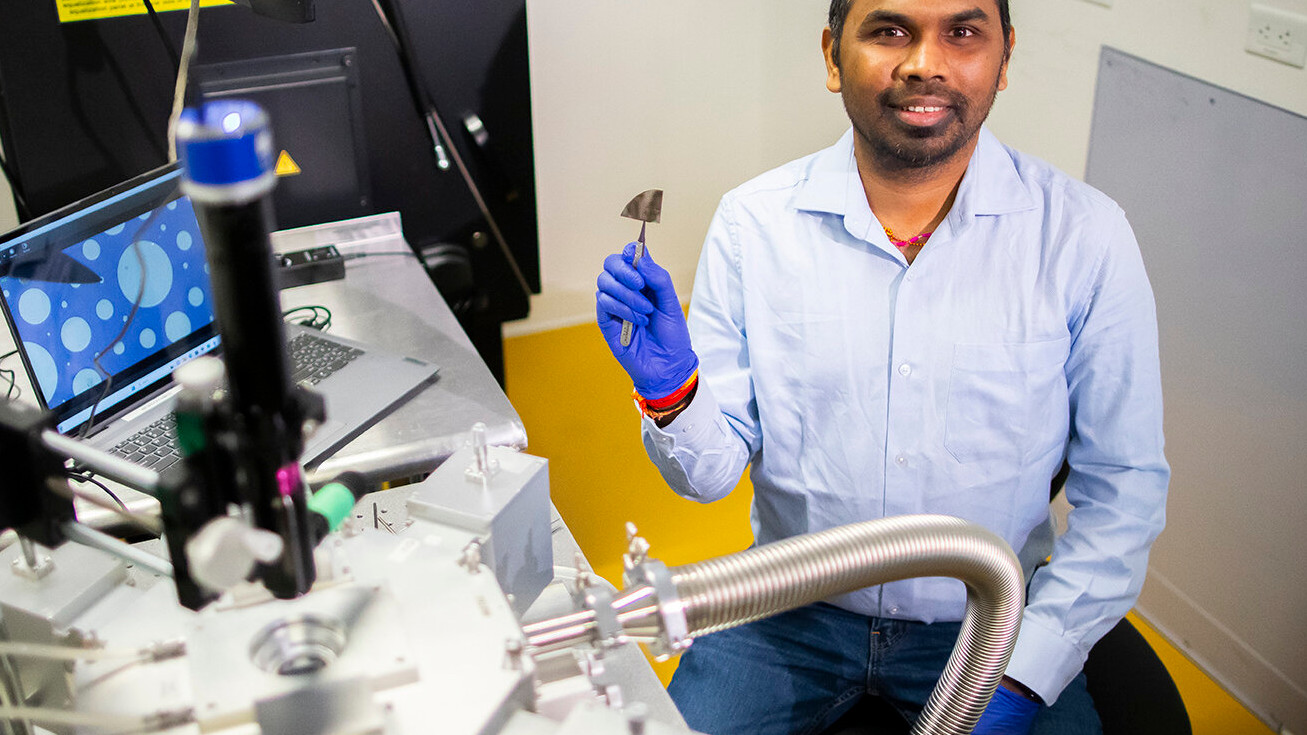
A new type of memory has been demonstrated running at an astounding 600C for over 60 hours. Non-volatile ferroelectric diode (ferrodiode) memory devices can offer outstanding heat resistance and other properties that should enable cutting-edge data and extreme environment computing, claim researchers from the University of Pennsylvania in a Nature Electronics article, A scalable ferroelectronic non-volatile memory operating at 600°C.
Ferrodiode memory devices use a 45-nanometer thin layer of a synthesized AIScN (l0.68Sc0.32N) because of its ability to retain electrical states "after an external electric field is removed," among "other desirable properties." Ferrodiode memory
has been tested running at 600 degrees Celsius for more than 60 hours while operating at less than 15 volts.
The AIScN is surrounded by just enough nickel and platinum to work, though "my lab and Roy Olsson's lab worked together for months to find this Goldilocks thickness," says Deep Jariwala of the University of Pennsylvania's School of Engineering [via PennToday]. He and Roy are both heading the research with teams at the University of Pennsylvania, with the School of Engineering and Applied Science, respectively.
"From deep-Earth drilling to space exploration, our high-temperature memory devices could lead to advanced computing where other electronics and memory devices would falter," Jariwala claims, "This isn't just about improving devices. It's about enabling new frontiers in science and technology."
Deep Jariwala also says that enhancement of silicon carbide computing with this ferrodiode memory tech could allow deeper integration of processing and memory hardware on the same chip, dubbing it "memory-enhanced compute" and claiming it should greatly assist in data-heavy AI computing in harsh environments.
Dhiren Pradhan, a postdoctoral researcher, also notes that the construction of the ferrodiode devices should allow for "fast switching between electrical states, which is crucial for writing and reading data at high speed".
The talk of "memory-enhanced compute" echoes the performance gains we've seen in desktop CPUs that intentionally leverage huge caches in some way. For example, chips like the Ryzen 7 7800X3D use a significantly boosted L3 Cache to gain lots of headway in gaming performance, though at the sacrifice of some overclocking support and productivity performance.
Since existing silicon carbide processors aren't nearly as powerful as silicon processors like the aforementioned Ryzen X3D chip, the addition of ferrodiode memory should offer the benefits of high-performance cache memory and storage to high-endurance silicon carbide technology. This is what should make the touted enhancements in AI and extreme environment computing possible, though, as always, only time will tell.
And, of course, one shouldn't expect any electronics that can operate at 600C to be particularly cheap.







